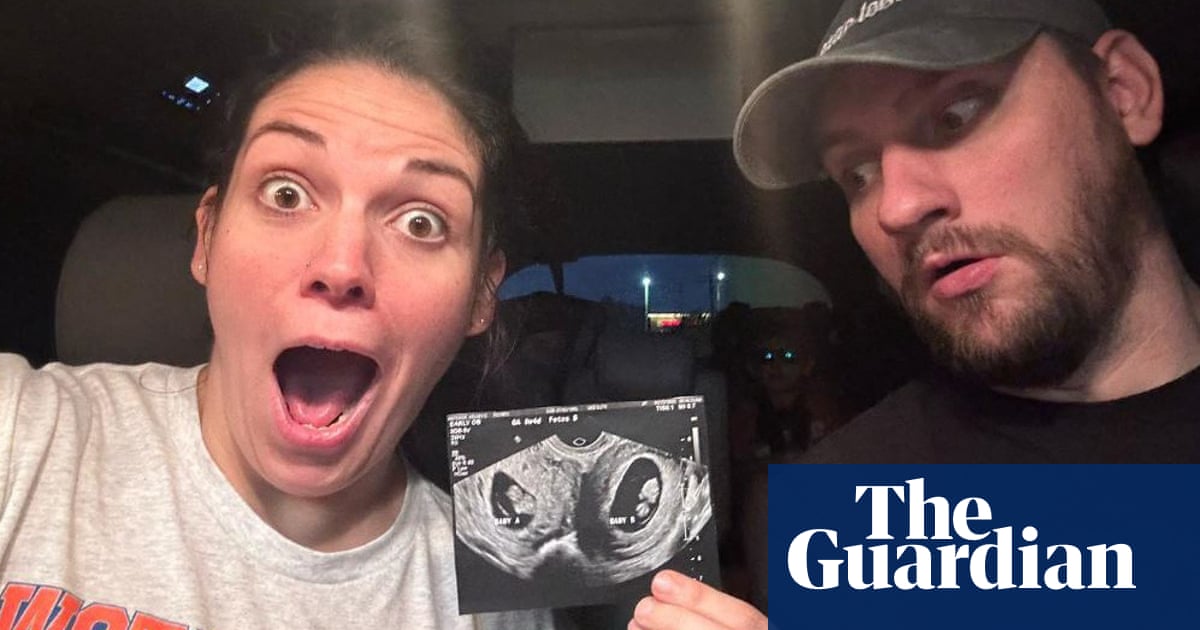Kelsey Hatcher, a 32-year-old mom of three was born with a rare uterine anomaly called uterus didelphys, or two uteruses. However, she was not diagnosed with the condition until last spring, when she discovered she was pregnant – in each uterus.
Hatcher said her husband almost didn’t believe her.
“He said: ‘You’re lying,’ I said: ‘No, I’m not,” Hatcher told NBC News.
Uterus didelphys affects about 0.3% of women. The abnormality forms in the female embryo very early in development, around eight weeks gestation, according to fertility researchers.



We’re speaking English, so no, although it’s commonly accepted. If you’re speaking Latin, though…
Both Britannica and Merriam-webster list ‘uteri’ as the primary option.
Because dictionaries reflect how people use words, and people use the words that way.
Webster also lists “octopi” as a plural of octopus, which is completely wrong because the plural of pus is podes. But people say “octopi” anyway, so you’ll find it in the dictionary.